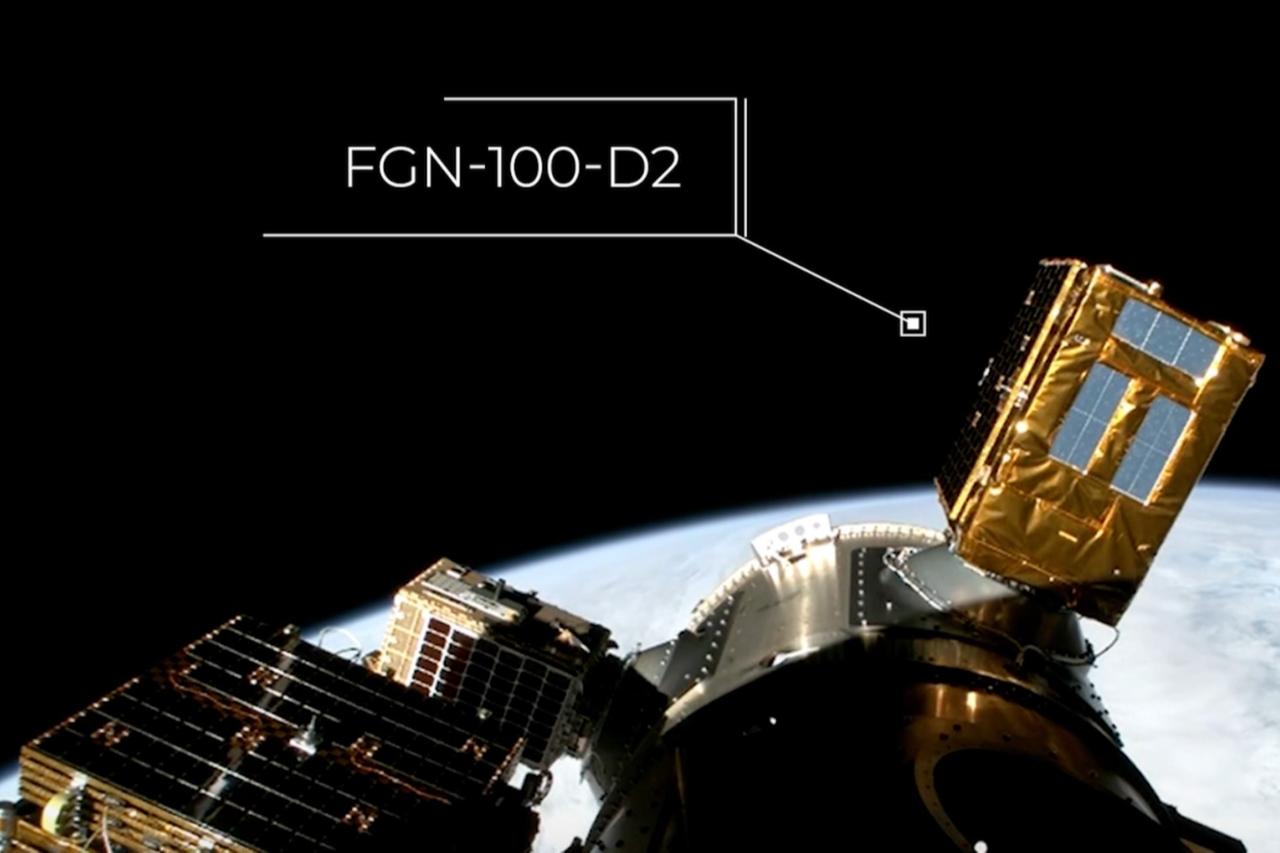
FGN-100-D2, the second satellite fully developed with national resources by Fergani Space and Türkiye’s largest private-sector satellite, has successfully embarked on its journey into space.
Founded by Baykar Chairman and CTO Selcuk Bayraktar, Fergani Space Technologies launched its FGN-100-D2 satellite—developed with national engineering capabilities—from the Cape Canaveral SLC-40 Base at 8:09 a.m. Türkiye time on Nov. 2.
The launch marked the successful completion of the second phase of Fergani Space’s Positioning Constellation Satellite Project.
Weighing 104 kilograms, FGN-100-D2—Türkiye’s largest private-sector satellite—was carried into space as part of SpaceX’s Bandwagon-4 mission.
Approximately 74 minutes after launch, at 9:23 a.m. Türkiye time, it separated from the launch vehicle and successfully reached its target orbit. The satellite then transmitted its first telemetry data, officially beginning its mission.
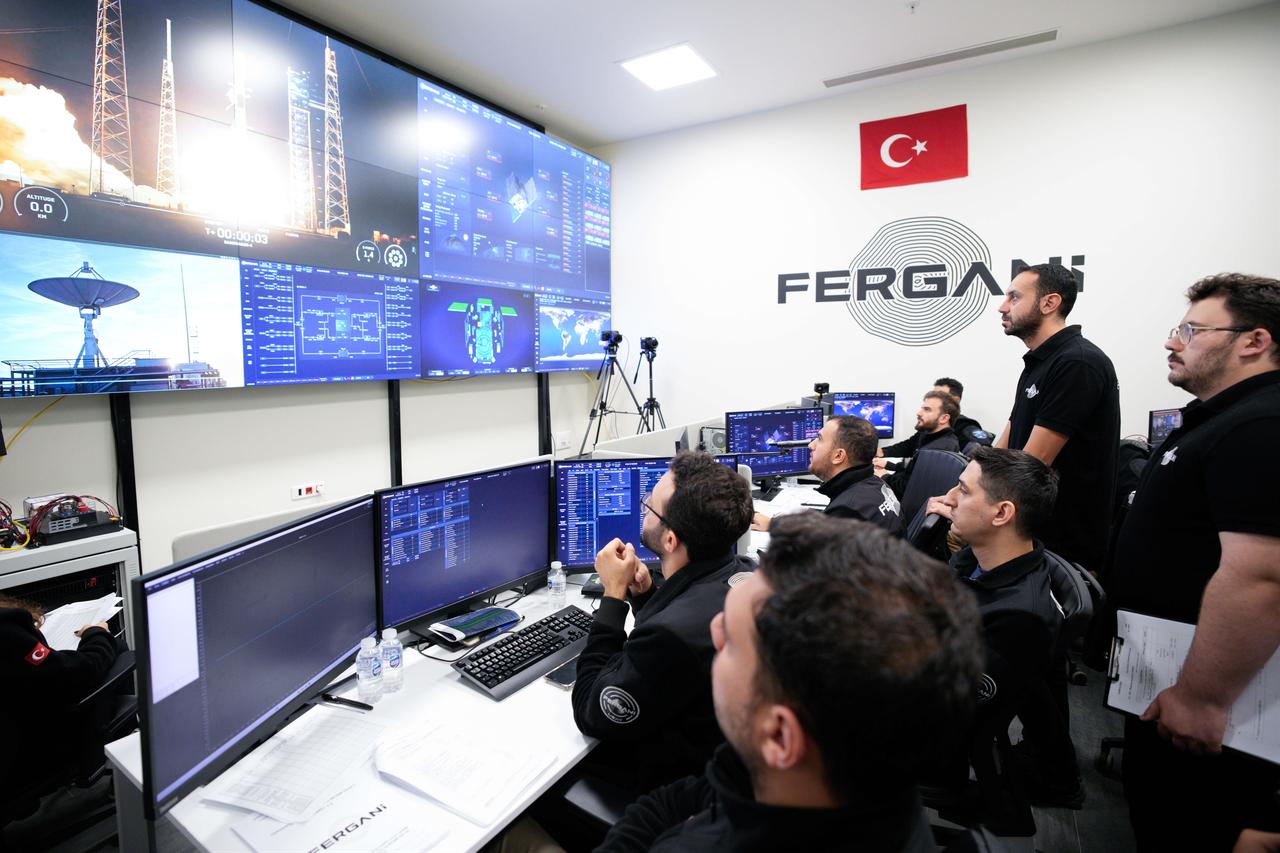
Fergani Space completed the first step of the project on Jan. 14, with the successful launch of its first satellite, FGN-100-D1.
The 102-kilogram satellite was launched from the Vandenberg Space Force Base under the Transporter-12 mission. About 62 minutes after liftoff, it entered orbit and began transmitting telemetry data.
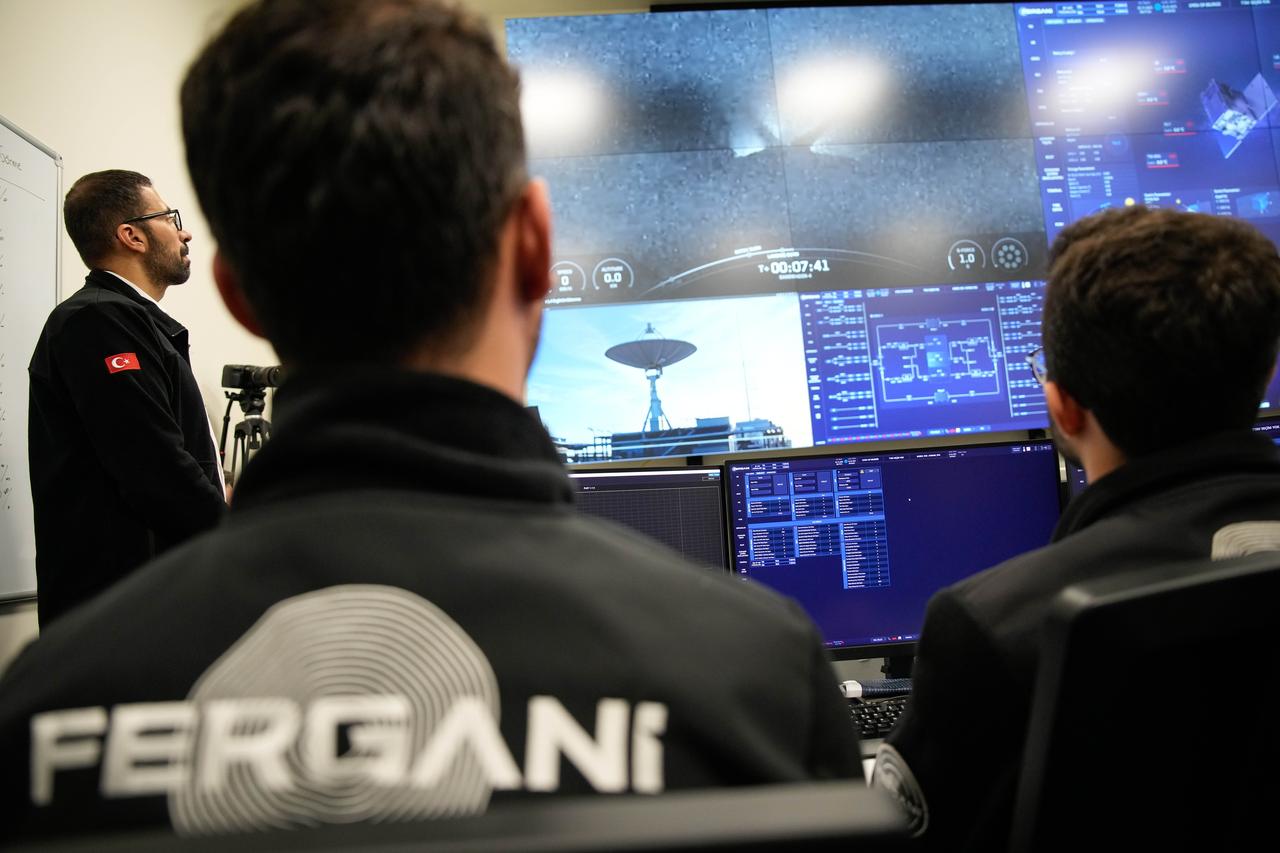
The launch was monitored by Fergani Space CEO Selcuk Bayraktar and his team from the Space Observation and Control Center at the Ozdemir Bayraktar National Technology Center.
Following the launch, Bayraktar said: “Our second satellite, FGN-100-D2, developed by our Fergani Space venture, has successfully reached space. This satellite is a 100-kilogram-class test satellite for the Ulug Bey Global Positioning System that we will build. Founded in 2022, Fergani Space continues its journey with 135 teammates. We develop our satellites entirely with our own resources. We expect the satellite’s mission duration to be between five and seven years. Its engineering, systems, and design were developed entirely by our teammates at Fergani.”
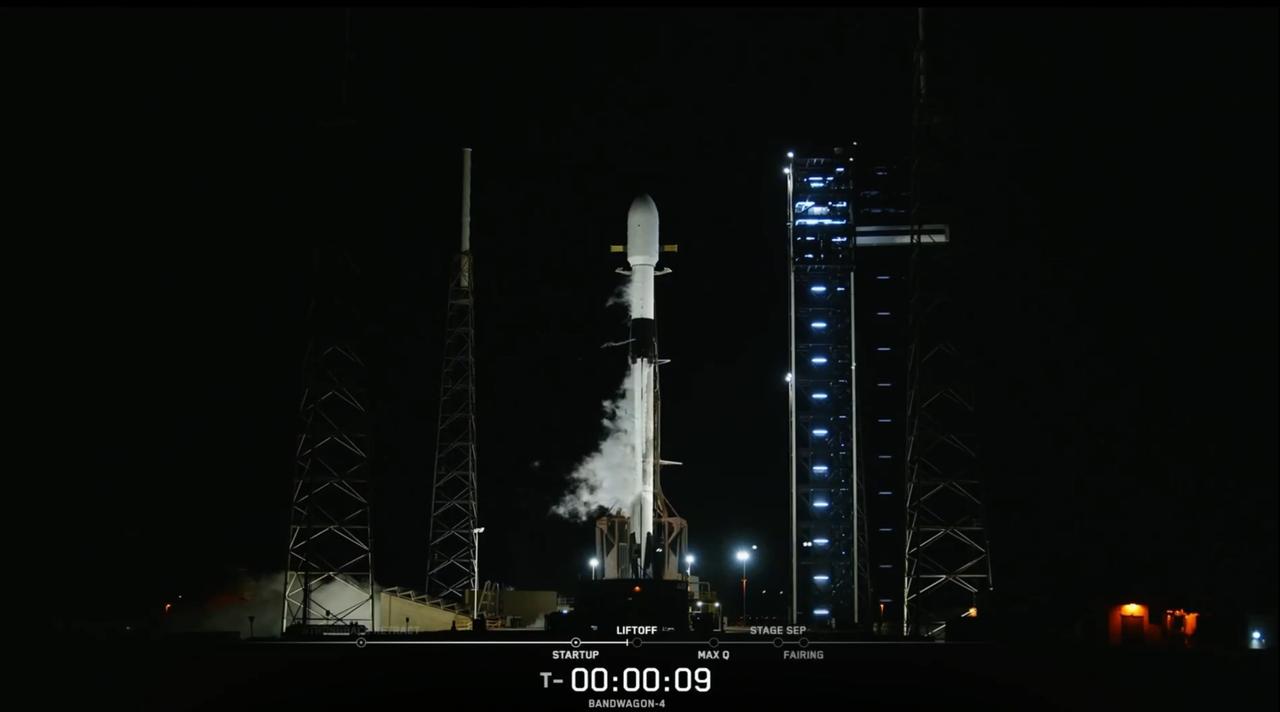
Bayraktar also outlined Fergani’s long-term vision: “Our goal is to reach more than 100 satellites within five years and to put our Ulug Bey Global Positioning System into service independently for Türkiye and all friendly and brotherly nations.”
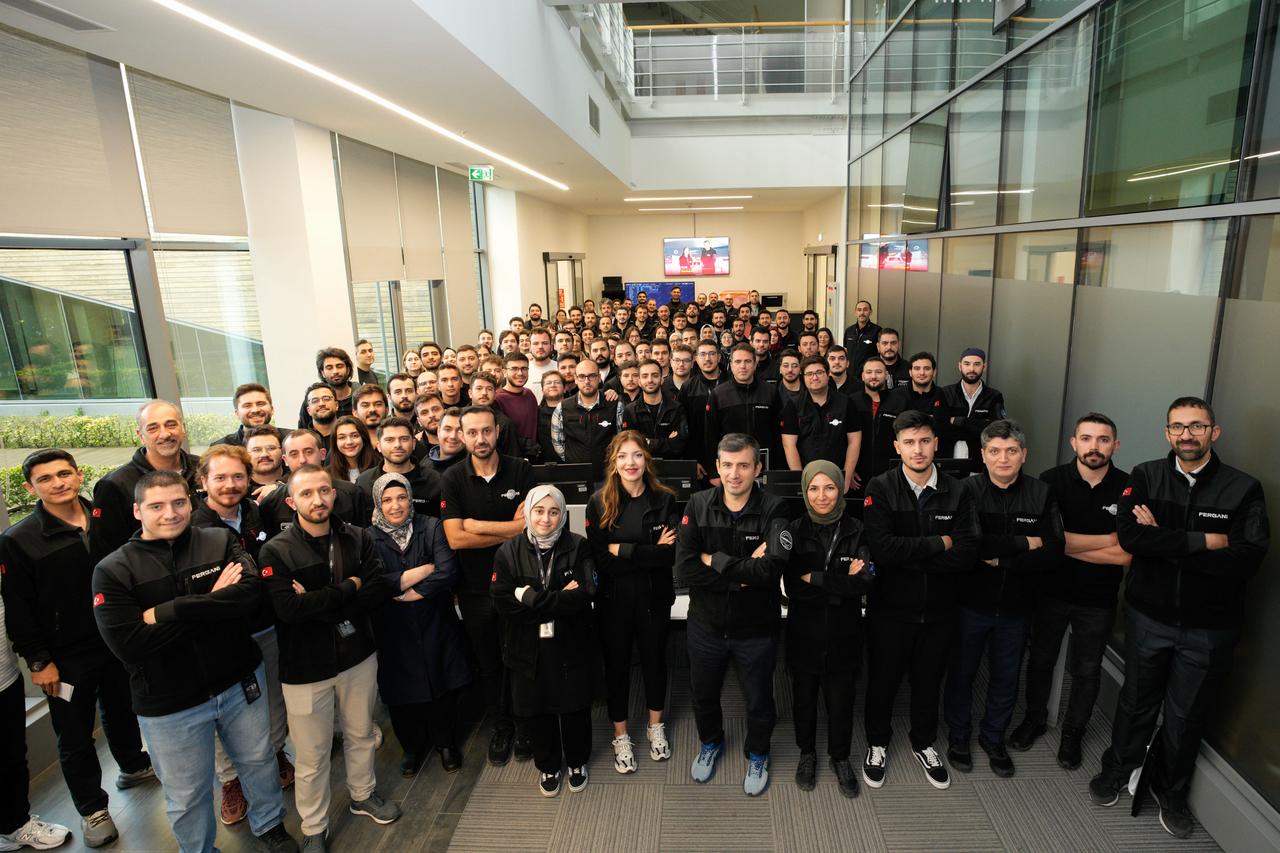
He added that Fergani Space will continue its work on the orbital transfer vehicle (OTV): “In addition to these efforts, we are also developing our orbital transfer vehicle. In the coming days, its launch will be carried out together with a small test satellite. Our teammates are also continuing the design of our launch vehicle to gain the capability of independently reaching space. May it be auspicious for our nation and homeland.”
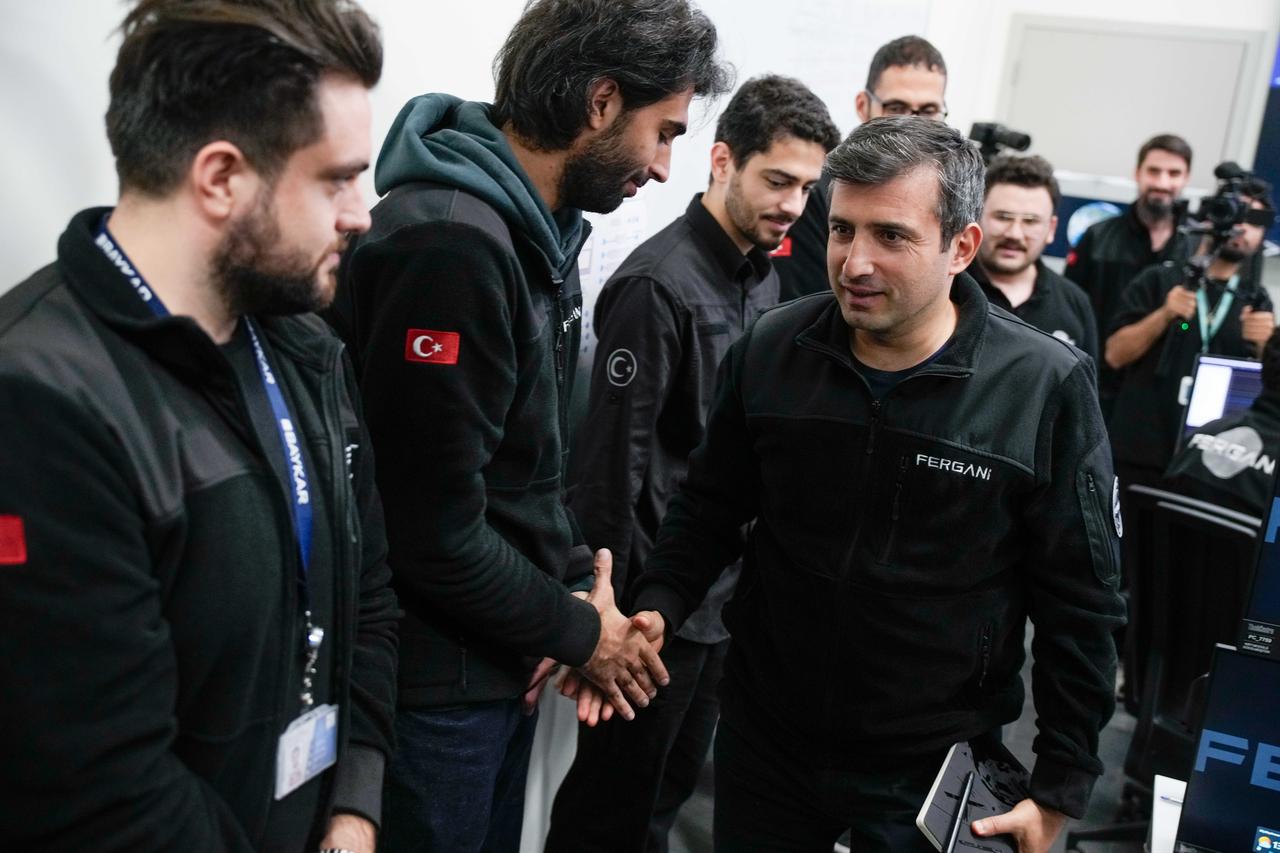
Developed by Fergani Space engineers using national resources, FGN-100-D2 will operate in low Earth orbit (LEO) at an altitude of approximately 510 kilometers.
Traveling at a speed of 7.6 kilometers per second, the satellite will orbit the Earth about 15 times a day.
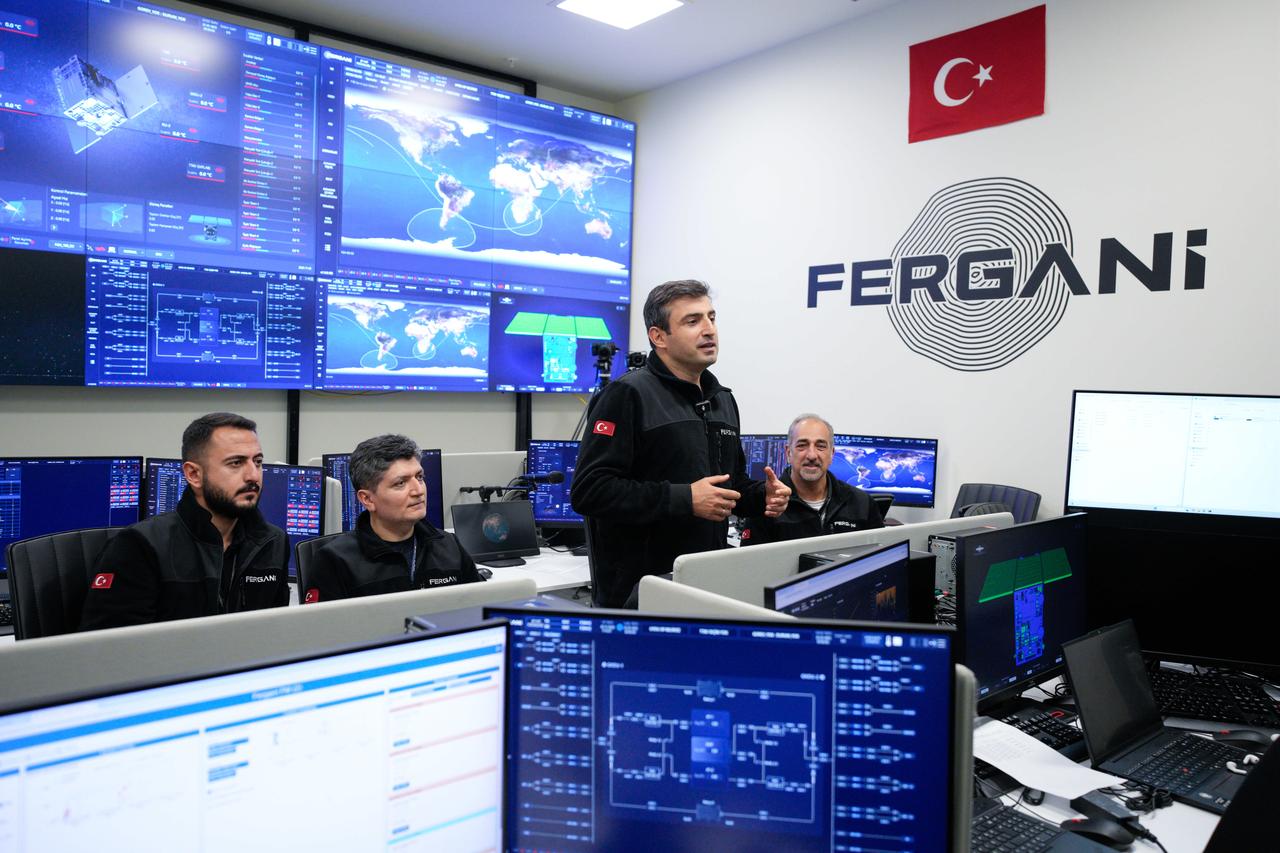
In orbit, FGN-100-D2 will test operational, telemetry and telecommand communication, positioning, and payload communication capabilities.
The indigenous satellite was developed entirely by the Fergani engineering team with domestically produced avionics equipment, national software integration, a green propulsion engine, structural design, and environmental testing.
With this mission, Türkiye’s journey toward independence in space technologies has advanced to a new stage.